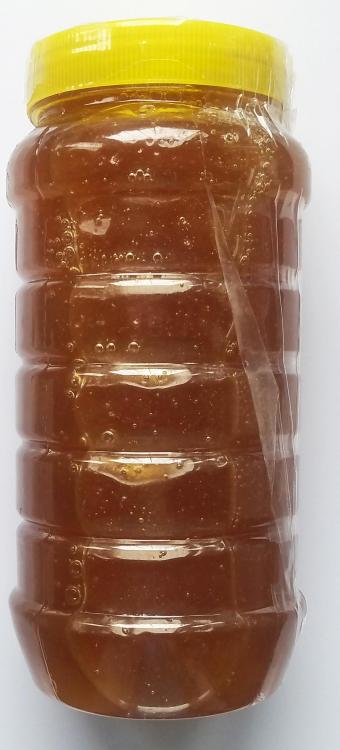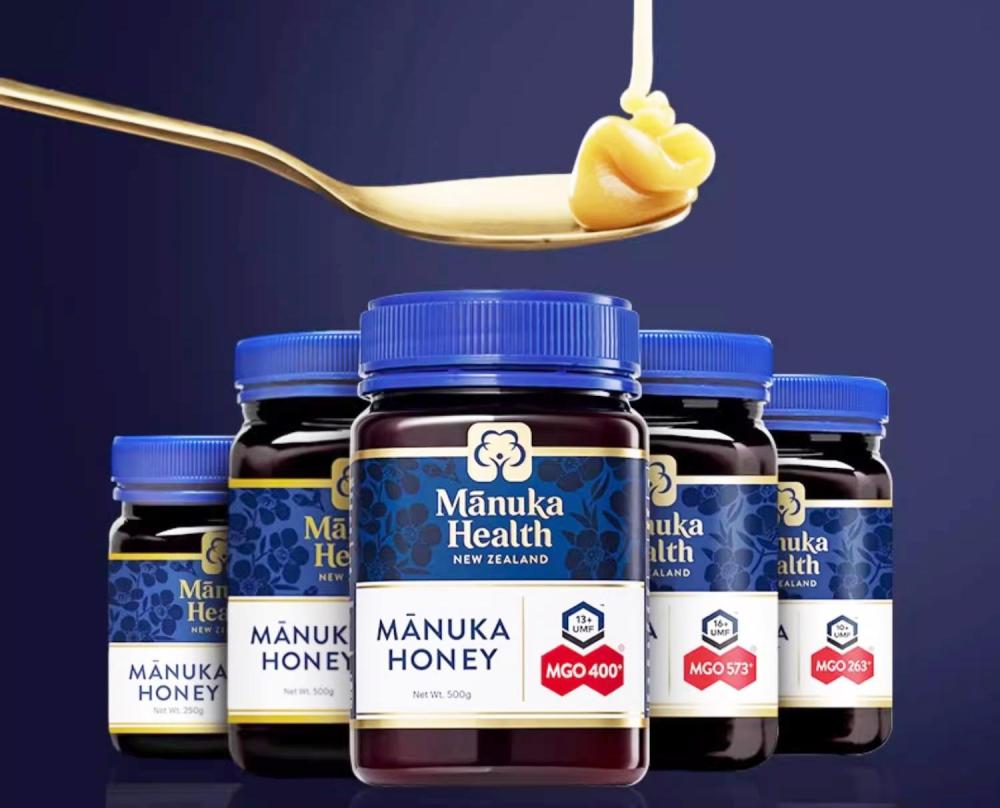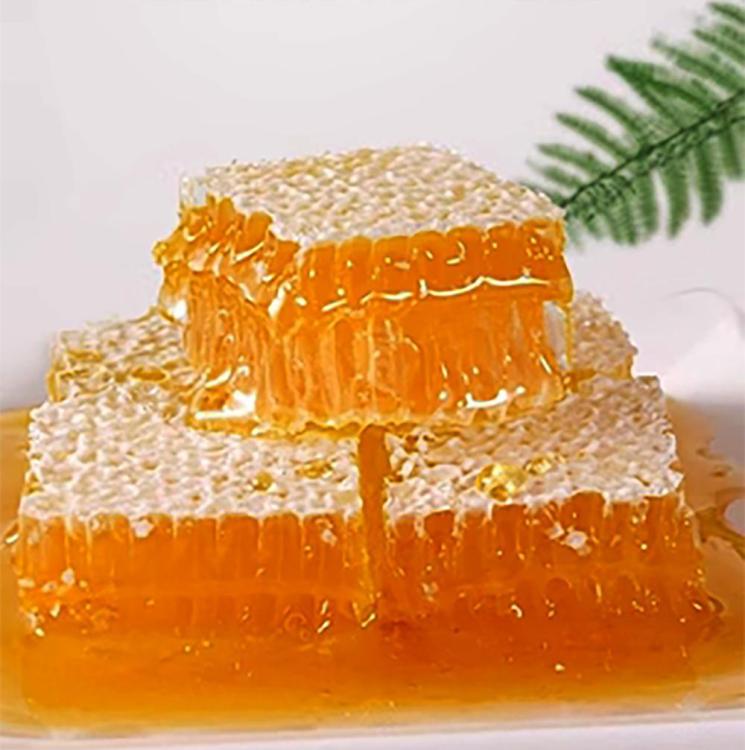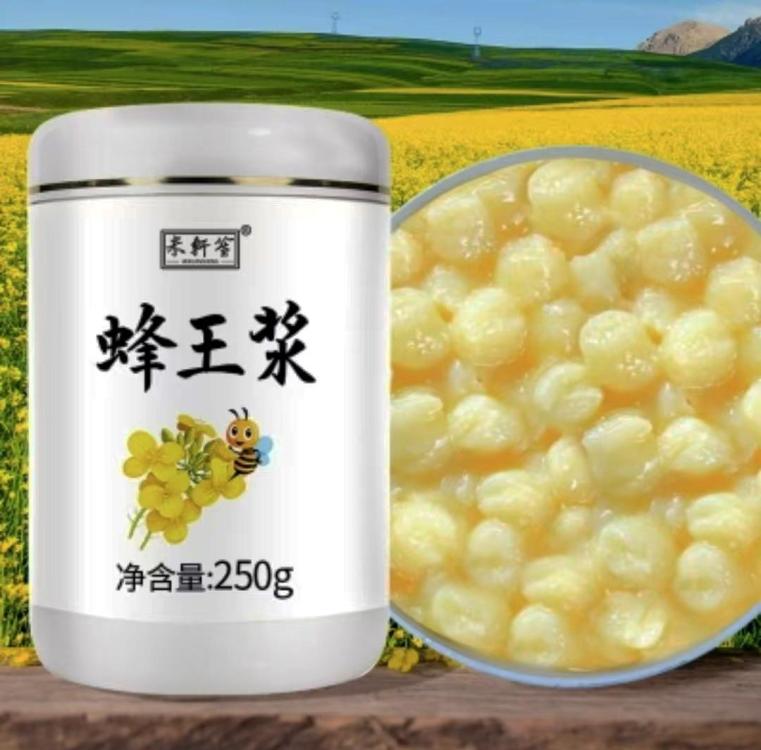One thing that really confused me when I came to China was what I call syllable switching. For example, 蜜蜂 (mì fēng) and 蜂蜜 (fēng mì) honey, are each made up of the same two characters but with syllables switched. The two have different meanings and, for a very long time, I couldn’t remember which was which. 蜜蜂 (mì fēng) means ‘ 🐝 bee’ and 蜂蜜 (fēng mì) means ‘🍯honey’. There are many other such pairs, but they are not relevant here.
In a way, they're not so odd; they are the equivalent of us saying in English honey bee and bee honey. OK, we don’t usually use the latter, but we could.
For many years, as I’m sure most of you will know, Chinese honey has had a bad reputation internationally. However, newer detection methods and increased vigilance has reduced the level of fraudulent use of cheaper ingredients such as sugar syrup or, heaven help us, cØrn syrup. Also, it should be pointed out that such fraud isn’t only in China but worldwide.
I suspect attention focussed on China as the main offender for the amount of fakes exported, but that is possibly because China is the world’s largest producer of honey with 26% of the world production in 2020. The percentage of fraudulent honey produced in China could be the same as elsewhere. I can’t find any statistics giving that critical figure.
And yet, I still rarely buy honey here. When I lived in Hunan in the late 90s’, a colleague’s parents had a bee keeping business and each summer I’d see them packing the hives onto trucks and heading for the mountains to give the bees access to wild mountain flora. Their honey was delicious and, I’m sure, unadulterated.
Here, now in Guangxi, I have a friend whose parents are lychee and longan farmers but also keep bees, collecting honey mainly for their own use. Every now and again my friend sends my free jars of whichever they have at the time. When I have the lychee honey it’s my favourite, but when I have the longan honey, it’s my favourite. I am fickle.
Lychee Honey
Longan Honey
Every supermarket and small store carries industrially produced honey of varying provenance and price. Some are suspiciously cheap. Honey isn’t cheap to produce. Not that fraudsters are always dumb enough to make their offerings too cheap.
We also get imported honeys, particularly mānuka honey from New Zealand. Incidentally this honey also has counterfeits. In fact six times more New Zealand mānuka is sold internationally than NZ even makes. I'm not suggesting the image below is of a fake one - I don't know..
We also get honeycomb, which I suspect is difficult to fake, but really don’t know.
Honeycomb
Recently there has been a trend for 蜂王浆 (fēng wáng jiāng), royal jelly among the fraudulent internet health morons influencers. Whether the jelly is fake, I can’t say. However the European Food Safety Authority has said there is no evidence of health benefits and the US FDA has taken legal action against companies promoting any such benefits.
Royal Jelly
"Caveat emptor", as Cæsar said.








